Bridging the Gap Between Degrees and Demand: Why Industry-Aligned Education Matters More Than Ever
In the rapidly changing job market of today, obtaining a degree is no longer a guaranteed ticket to obtaining a job. It is becoming increasingly difficult to identify clear distinctions between academia and industry for a reason. Although classroom learning provides foundational knowledge, it often fails to respond to the rapidly changing face of an industry meeting and manipulating challenges, opportunities, and hurdles on a daily basis. For students pursuing a Computer Science Engineering (CSE) and/or Master of Business Administration (MBA) degree especially, the relevant, upcoming, ever changing industry environment demands attention to current relevance and adaptability, as well as opportunities to demonstrate applied leaning.
Industry aligned competency focused programs---where academic institutions partner with industry leaders to co-design, co-deliver, and co-evolve culturally relevant curriculum---represent a growing response to maintain and accommodate relatively current industry demands of groups of employment candidates to ensure they are 'job ready'.
The Skill Gap: Degrees vs. Demand
The problem is not that employers are looking for individuals who can recite theories and ace exams; employers want problem solvers, critical thinkers, collaborators, and innovators. Although universities have always prized academic excellence, traditionally it has fallen short in developing these higher-order skills.
According to the 2024 Global Education & Employability Report, over 70% of employers reported that recent graduates were missing critical job-ready skills including communication, digital fluency and project management. Conversely, students involved in internships, capstone projects and industry co-designed certification programs were 50% more likely to receive full-time job offers.
The 2024 Report demonstrates the difference between academic output and industry readiness is especially evident in disciplines such as engineering, management and business, where the nature of work has rapidly changed. AI, Blockchain, Cybersecurity, sustainability, digital marketing—these terms aren't merely buzz words anymore—they are the cornerstone of today’s workforce. The only way to ensure graduates are industry's as work-ready as possible is to explicitly embed industry in the learning experience.
What Are Industry-Aligned Programs?
Industry-aligned programs are partner-centred collaborations between an institution and its corporate partners to:
- Co-develop course content and curriculum
- Grant access to real-world case studies, tools, and platforms
- Facilitate internships, live projects, and research projects
- Provide mentoring, guest speakers, and career advising
- Facilitate placement and entrepreneurship opportunities
Every modern student should engage with education that is pragmatic, current, and career focused. Industry alignments in formal education provide that, the institution and employer both benefit from the industry’s current perspectives including feedback and adaptation of programs.
Why CSE and MBA Students Need This the Most
1. Constant Technological and Market Disruption
Computer science engineers are stepping into a constantly changing technological landscape; for example, new developments in artificial intelligence, cloud computing, machine learning, and blockchain are happening almost monthly. By the time traditional colleges and universities get around to updating traditional curricula, they may have already missed the boat!
In an industry-informed course, students will:
- Develop applications on live cloud platforms (e.g., AWS, Google Cloud);
- Build projects using applications that leverage AI, cybersecurity, or full-stack tools;
- Understand programming conventions, API's, DevOps pipelines, etc. as they are used by real organizations;
MBA students are writing a different story of disruption, one of business model transformation, global digitization, and consumer behavior change. They need to learn how to make sense of the market data, optimize customer journeys and lead cross-functional teams. Students in an industry-driven programs gain the opportunity of exercising these skills in simulated exercises and with real client data, as opposed to a theoretical experience.
2. Employability Through Practical Skill Building
India produces millions of engineering and management graduates each year. But how many are employable?
According to a NASSCOM report, more than 50% of engineering graduates were not job-ready because of a lack of practical exposure and soft skills. Similar findings can be derived from MBA graduates, where many didn't meet recruiters' expectations in areas like analytics, presentation, or leadership.
By having industry interactions, the students will learn:
- Accurate experience with internships and projects,
- Soft skills with collaborative interdisciplinary processes,
- Digital knowledge of tools like Tableau, Power BI, Python, or SAP,
- Communication and flexibility across scopes of work across the industries.
These aren't just "nice" skills—they're what separates a graduate having success in their first job vs. needing to keep up.
3. Emerging Careers Need New-Age Learning
Conventional degrees are not going to equip students for careers that did not even exist five years ago. Jobs such as AI Ethicist, Cloud Solutions Architect, Fintech Strategist, Business Intelligence Analyst, are becoming prevalent.
To prepare for these roles, students require:
- Access to innovation labs and startup incubators
- Cross-domain thinking exposure, (e.g., technology + policy, business + sustainability)
- Encouragement to obtain certifications in niche technologies or business tools
- Guidance in support of entrepreneurial startup and idea incubation
Industry-aligned programs are vital in thinking about and preparing for roles still in development, and we are providing students with a distinct advantage by getting them ahead of the curve.
Chandigarh University: Leading the Way in Industry-Academic Collaboration
A perfect demonstration of this in practice is Chandigarh University (CU) in Punjab, India. CU has emerged as a national standard for implementing the role of industry within the curriculum in CSE and MBA programs.
Collaborations with Industry Leaders
CU has collaborated with over 400 companies including:
- IBM in co-branded specializations in Data Science, AI and Cyber Security
- Microsoft and Google Cloud for lab access and support in certification
- TCS iON and EY for business analytics and case-based learning in MBA
- Virtusa, AWS, Red Hat in cloud, DevOps, and open-source technologies
These partnerships guarantee that students are trained on subject matter that has a relevance to industry and not textbook material.
Curriculum Designed for the Real World
The CSE department at CU offers more than 20 specialization tracks which include full-stack development, blockchain, ethical hacking, and mobile computing. The MBA program is just as future-ready, with distinct pathways in:
- FinTech
- Sustainability & CSR
- Global Business Leadership
- Business Analytics
Opportunities for Real Engagement
- Internshipswith premier employers such as Infosys, Amazon, Deloitte, Flipkart etc.
- Capstone projects with industry specialists sent to students for mentorship.
- Hackathons, business simulations and startup challenges at various points in the year.
- Incubation support through CU-TBI enables students to take ideas from concepts to ventures.
The student ecosystem allows students to apply their learning; evaluate the results; to build confidence in becoming career ready.
Measurable Impact: What the Data Shows
Metric | Impact at CU |
Placement growth | Up to60% increase in industry-aligned departments |
Internship-to-job conversions | 50% higher among students with industry projects |
Recruiter satisfaction | Amonghighest in North India |
Perceived employability | Boosted by over250% |
Startups incubated | 50+ student-led ventures |
Clearly, students benefit when education stops being isolated and starts being immersive.
The Future Is Hybrid: Learning + Doing
The education system must transform. Academia and industry must combine and work together instead of operating in parallel.
If you are a student pursuing CSE or MBA, you should be even more concerned. The future will belong to those that adapt, and industry-aligned education is an adaptive edge. Programs that include robust industry-linked opportunities such as real-time learning with IBM in an AI course, leading a comprehensive simulation with EY, and varied industry presentations for start-ups with CU-TBI can never be achieved in a traditional lecture.
Conclusion: Industry Collaboration Is the Key to Employability
The message is quite clear: the world has changed and education needs to change as well. Industry-aligned programming are not buzz words, nor a 'nice-to-have', they are now a strategic imperative. Whether you study engineering or management, if you want to create good opportunities in today's highly-competitive global economy, you must value programs that can demonstrate exposure, relevance, actual content and attribution to industry.
Chandigarh University and other examples are demonstrating how this model works; producing graduates that are confident, competent and employable in tomorrow's leading jobs.
For students needing to decide the next step, the question is simple:
Do you want a degree? Or a real-world degree?
Choose the second type. Choose industry-aligned learning.
Watch the video given below:
Chandigarh University Popular Courses
Average Fees
Get Fees Details
Highest Package
-
Admission 2025
View BrochureAverage Fees
Get Fees Details
Highest Package
-
Admission 2025
View BrochureAverage Fees
Get Fees Details
Highest Package
-
Admission 2025
View BrochureTop Recruiters
 CAP Gemini
CAP Gemini
 Deloitte
Deloitte
 FMC Technologies
FMC Technologies
.png) Hewlett-Packard (HP)
Hewlett-Packard (HP)
 microsoft
microsoft
 Wipro
Wipro
 Infogain
Infogain
 Wipro
Wipro
 Infogain
Infogain
 Wipro
Wipro
 Infogain
Infogain
 ITC
ITC
 JSW
JSW
 L & T INFOTECH
L & T INFOTECH
 Mahindra & Mahindra
Mahindra & Mahindra
 NEC HCL
NEC HCL
 newgen
newgen
 Zycus
Zycus
 Adobe
Adobe
 samsung
samsung
 IBM
IBM
 Igate
Igate
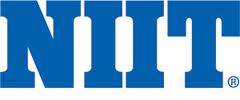 NIIT
NIIT
 Google
Google
 Amazon
Amazon
 FLIPKART
FLIPKART
 HP India Pvt. Ltd.
HP India Pvt. Ltd.
 DELL
DELL
 newgen
newgen
 ITC INFOTECH
ITC INFOTECH
 l&T INFOTECH
l&T INFOTECH
 Headstrong India
Headstrong India
 GODREJ Pvt. Ltd
GODREJ Pvt. Ltd
 Oracle
Oracle
 Capital IQ
Capital IQ
 Just Dial
Just Dial
 Apollo Healthcare
Apollo Healthcare
 Genpact
Genpact
 Motorola India Limited
Motorola India Limited
 TATA AIG
TATA AIG
 Anchor Switches
Anchor Switches
 IBM
IBM
 Taj Group of Hotels
Taj Group of Hotels
 Siemens AC
Siemens AC
 Radisson
Radisson
 Kotak Mahindra Bank
Kotak Mahindra Bank
 rbs
rbs
 Adecco
Adecco
 Wipro BPO
Wipro BPO
 Leela Hotel
Leela Hotel
 Le Meridian
Le Meridian
 Wockhardt Ltd.
Wockhardt Ltd.
_Pvt_Ltd_(Naukri.com).png) Info Edge (India) Pvt Ltd (Naukri.com)
Info Edge (India) Pvt Ltd (Naukri.com)
 Eureka Forbes
Eureka Forbes
 SHOPPERS STOP
SHOPPERS STOP
 Schwing Stetter
Schwing Stetter
 Oberoi Hotels
Oberoi Hotels
 WEEXCEL SOFTWARES
WEEXCEL SOFTWARES
 HDFC Bank
HDFC Bank
 Canara Bank
Canara Bank
 Axis Bank
Axis Bank
 Google
Google
 Amazon
Amazon
 microsoft
microsoft
 IBM
IBM
 Wipro
Wipro
 Cognizant
Cognizant
 Adobe
Adobe
 HONDA
HONDA
 Dell
Dell
Student's Rating for Chandigarh University
Gallery
67 Images
CU

Campus
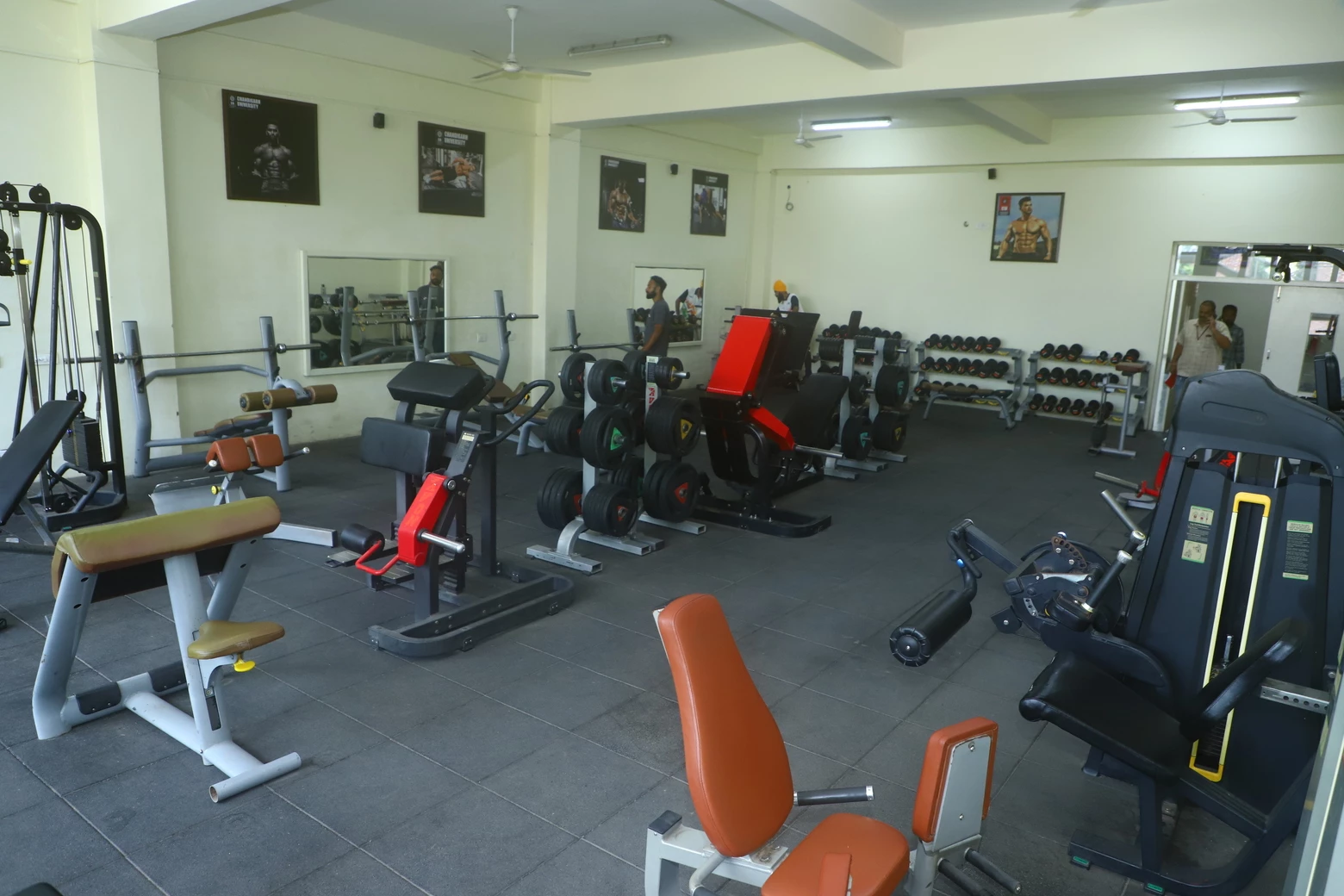
Gym

Hostel

Indoor Eating Point

Indoor
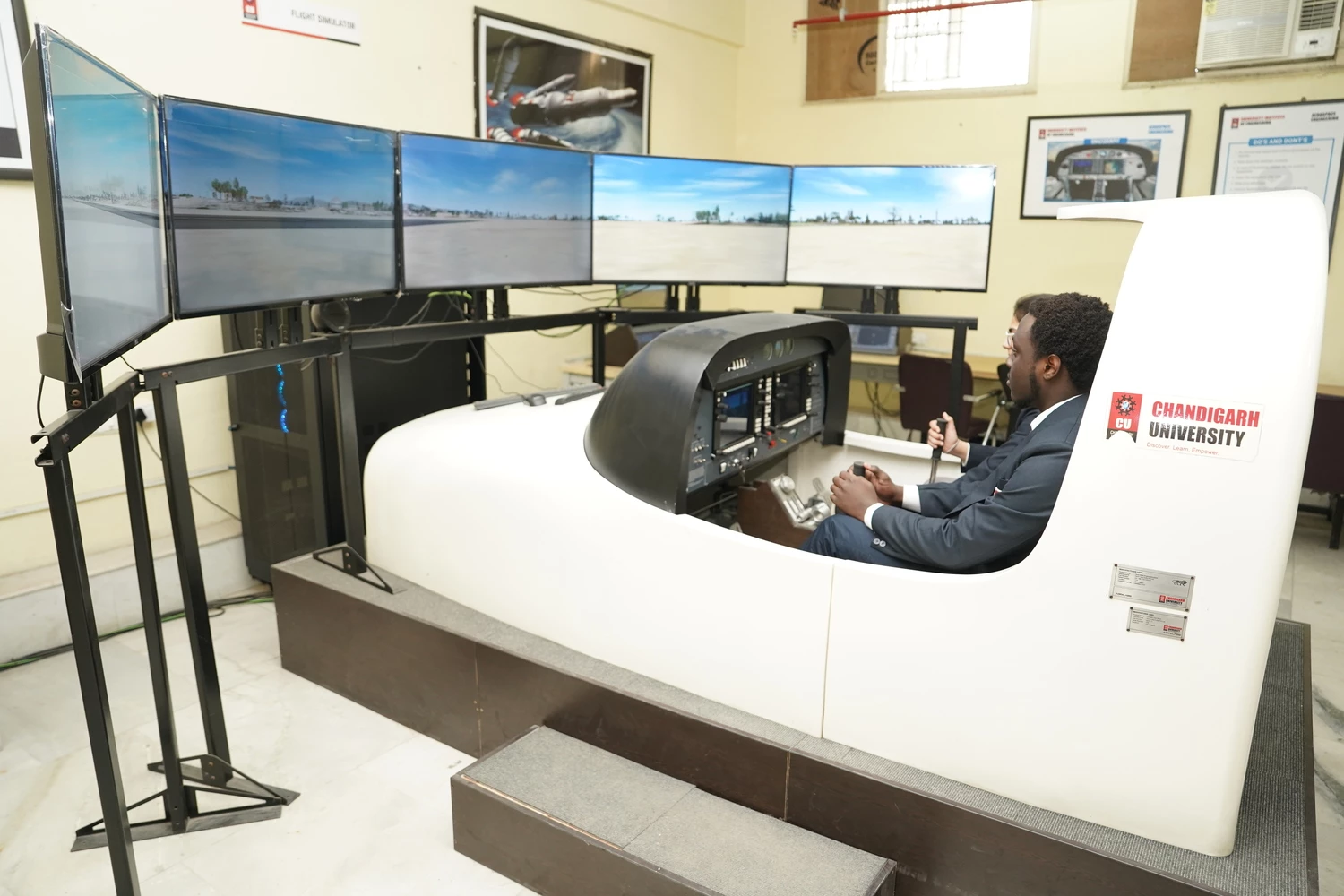
Aerospace Lab
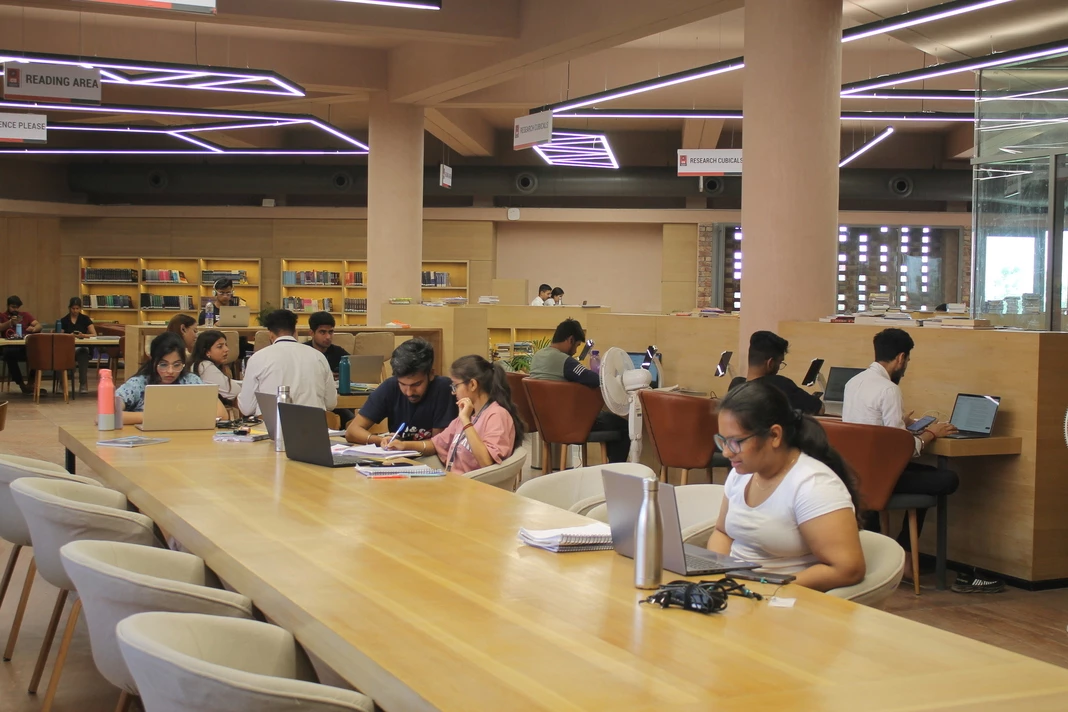
Library
Chandigarh University Videos
14 VideosContact Details
NH-95, Chandigarh - Ludhiana Highway, Gharuan, Greater Mohali
81XXXXXX72
suXXXXXXin





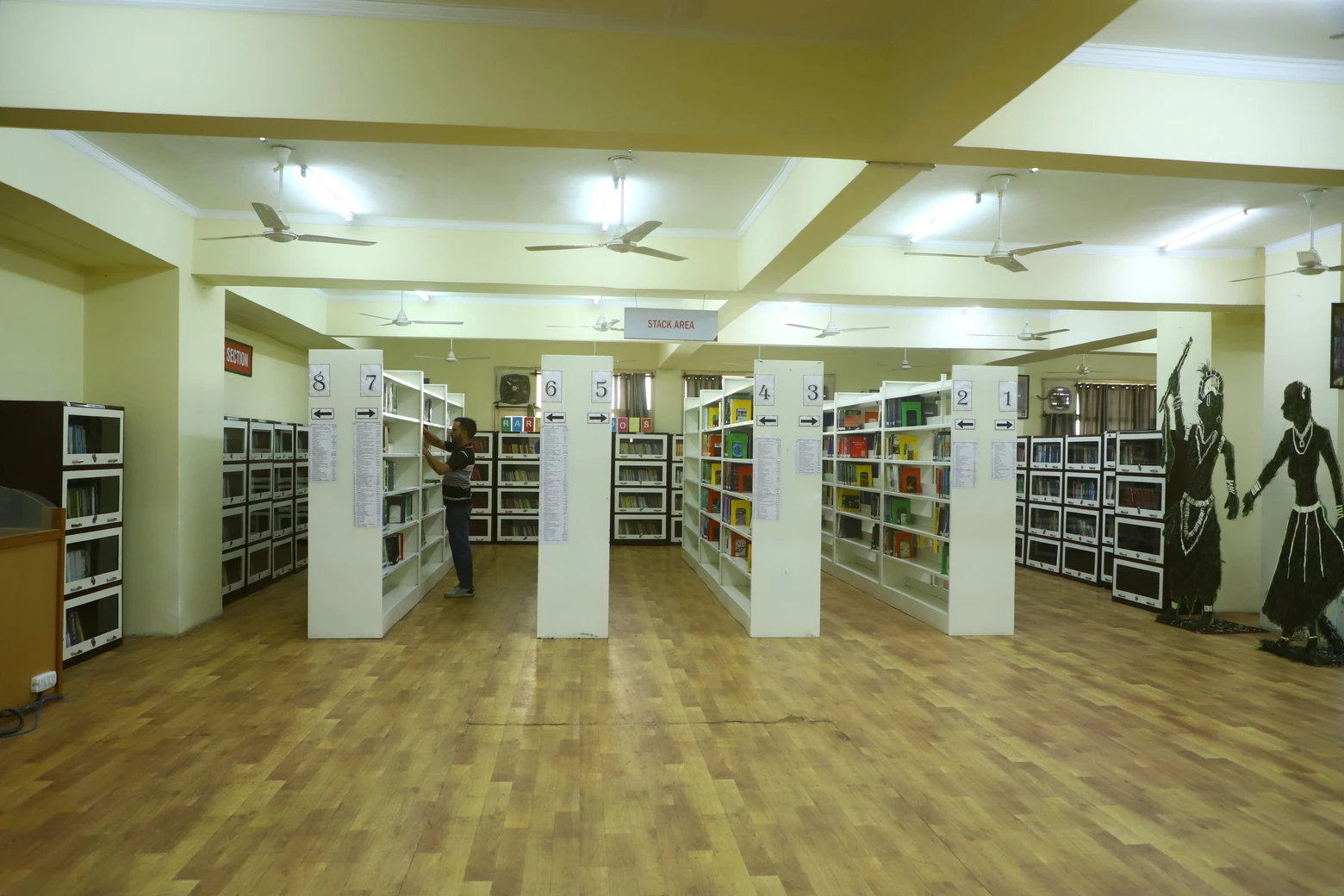
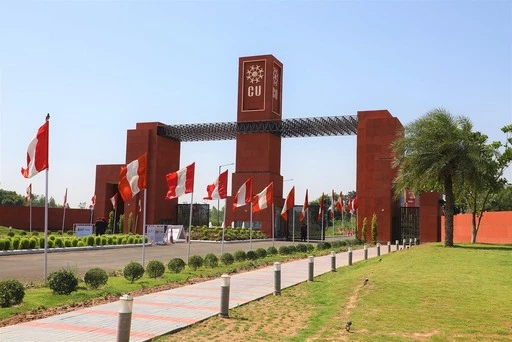
.webp)
.webp)
.webp)
.webp)
.webp)
.webp)
.webp)
.webp)
.webp)
.webp)
.webp)
.webp)
.webp)
.webp)
.webp)
.webp)
.webp)
.webp)
.webp)
.webp)
.webp)
.webp)
.webp)
.webp)
.webp)
.webp)
.webp)
.webp)
.webp)
.webp)
.webp)
.webp)
.webp)
.webp)
.webp)
.webp)
.webp)
.webp)
.webp)
.webp)
.webp)
.webp)
.webp)
.webp)
.webp)
.webp)
.webp)
.webp)
.webp)
.webp)
.webp)
.webp)
.webp)
.webp)
.webp)
.webp)
, Chandigarh.webp)









